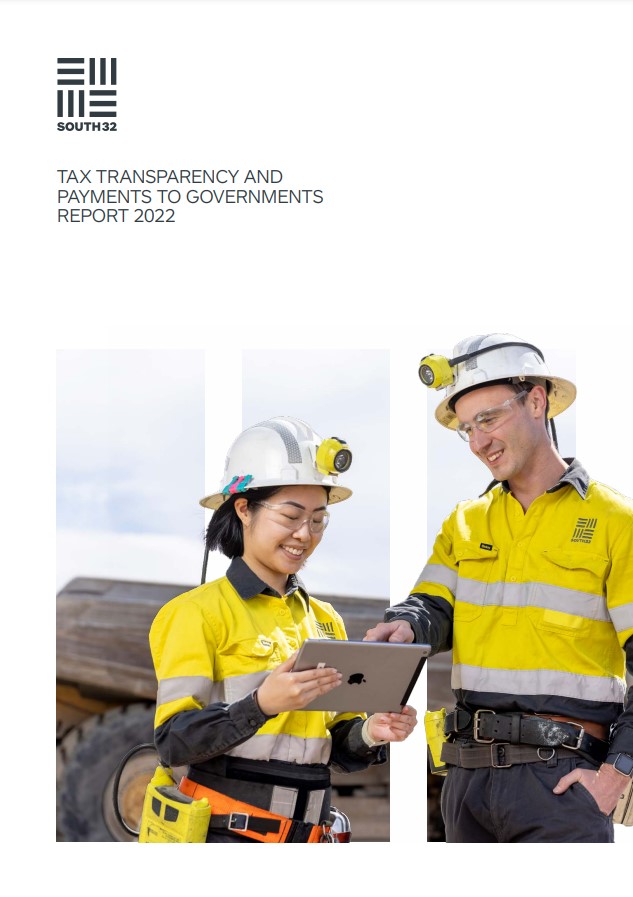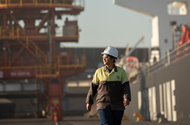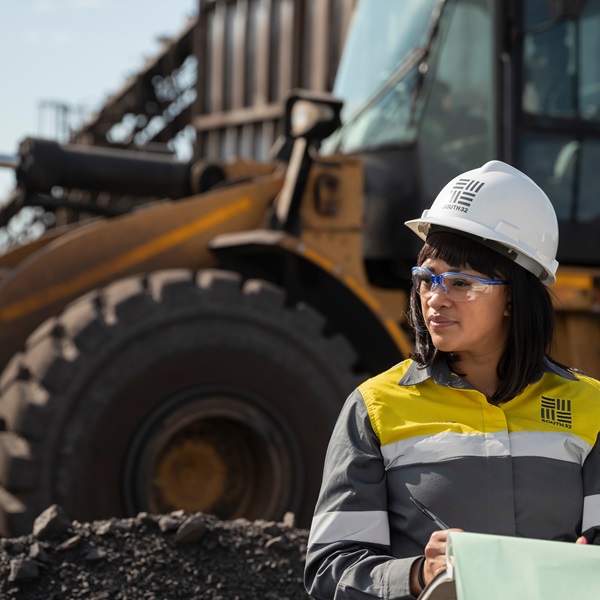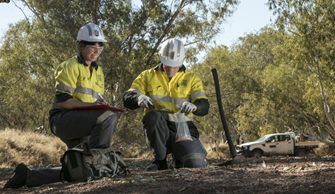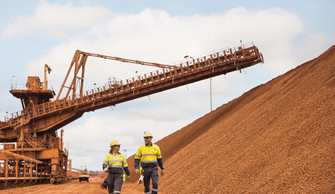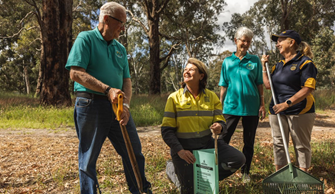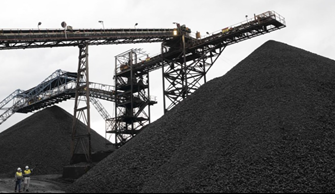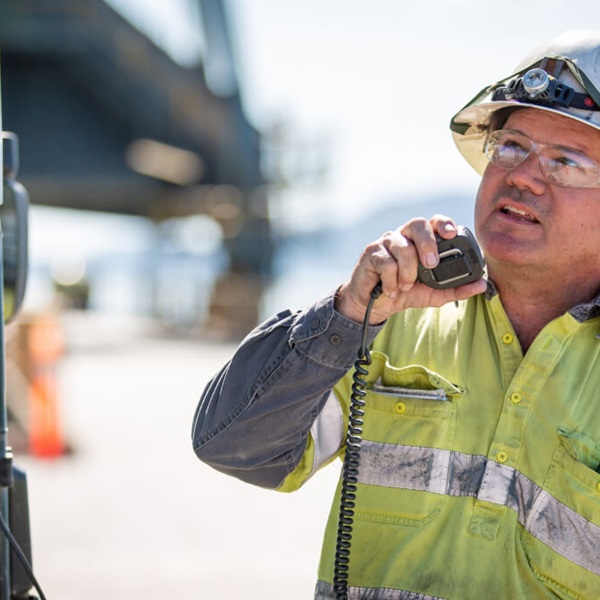
Respecting human rights and managing the risks of modern slavery across our operations and supply chains is not only the right thing to do, it is fundamental to the way we do business.
We recognise that modern slavery remains a global issue affecting people in countries across every region. Those most vulnerable to modern slavery include women, children, migrants and refugees, ethnic and religious minorities, and those who may be fleeing war and conflict.
In the mining and metals sector, as well as the supply chains that support it, modern slavery risks vary across operations and commodities.
